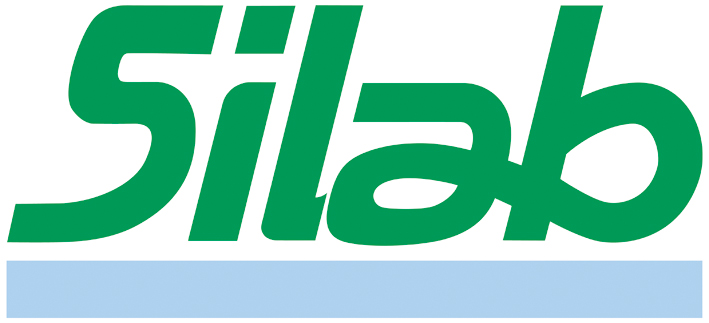Retinol is considered the ‘gold standard’ when it comes to skin care ingredients; its efficacy in speeding up cell turnover means it helps alleviate myriad skin concerns.
“[Retinol is] proven to reduce fine lines and wrinkles, has high efficacy in treating acne scarring and hyperpigmentation, plus it can exfoliate and stimulate collagen production,” says Mark Curry, co-founder and CEO of The Inkey List. “It covers most ages and most key skin care concerns, which is a big reason why it is hot and becoming increasingly hotter: because it works.”
As well-documented as its efficacy is retinol’s propensity to cause dryness, irritation, flakiness and sensitivity to the sun, sometimes referred to as ‘retinol burn’.
Formulators have circumvented this via strategies including microencapsulation to prolong the release of retinol and boosters, enabling a reduced retinol percentage load. But they have also turned in the direction of often-botanical active ingredients that boldly claim similar effects.
In 2018, researchers from California, Michigan and Pennsylvania carried out a study on bakuchiol, found in the seeds of the Indian plant Psoralea corylifolia, which found bakuchiol and retinol to induce highly similar gene expression in human skin. A 12-week study on 44 participants found both extracts decreased wrinkle surface area, while bakuchiol outperformed retinol when it came to tackling hyperpigmentation. The retinol users, meanwhile, reported more skin scaling and stinging upon application than those trialling bakuchiol.
Since then, the popularity of bakuchiol as an anti-ageing ingredient has skyrocketed, with brands including The Inkey List (Bakuchiol Moisturizer), Herbivore Botanicals (Bakuchiol Serum) and Medik8 (Bakuchiol Peptides) introducing Psoralea corylifolia-powered products, and many brands combining the ingredient with retinol for a one-two punch against ageing with reduced potential for sensitivity.
Meanwhile, Chanel’s Le Lift range of smoothing, lifting skin care products is based on a natural ingredient that is as effective as retinol, but gentle on the skin: botanical alfalfa concentrate.
In instrumental and clinical evaluations, the hero ingredient was found to smooth wrinkles by -25% after two months’ use, firm skin (+10% in one month), improve skin radiance (+34% in one month) and boost skin elasticity (+34% in one month).
What, then, does industry believe will be the next big ingredient to rival the all-powerful vitamin A derivative?
Cosmetics Business reached out to suppliers to ask ‘what’s your alternative to retinol?’ And here are their recommendations.






